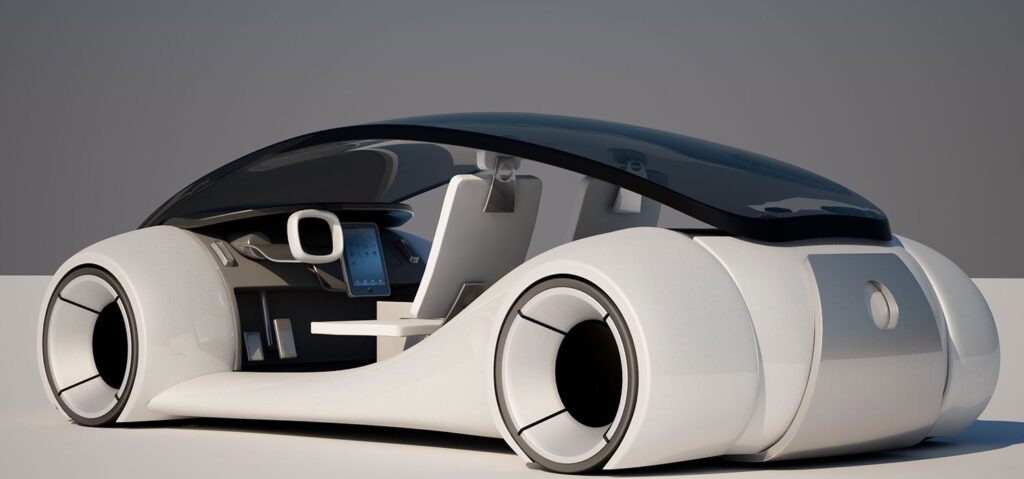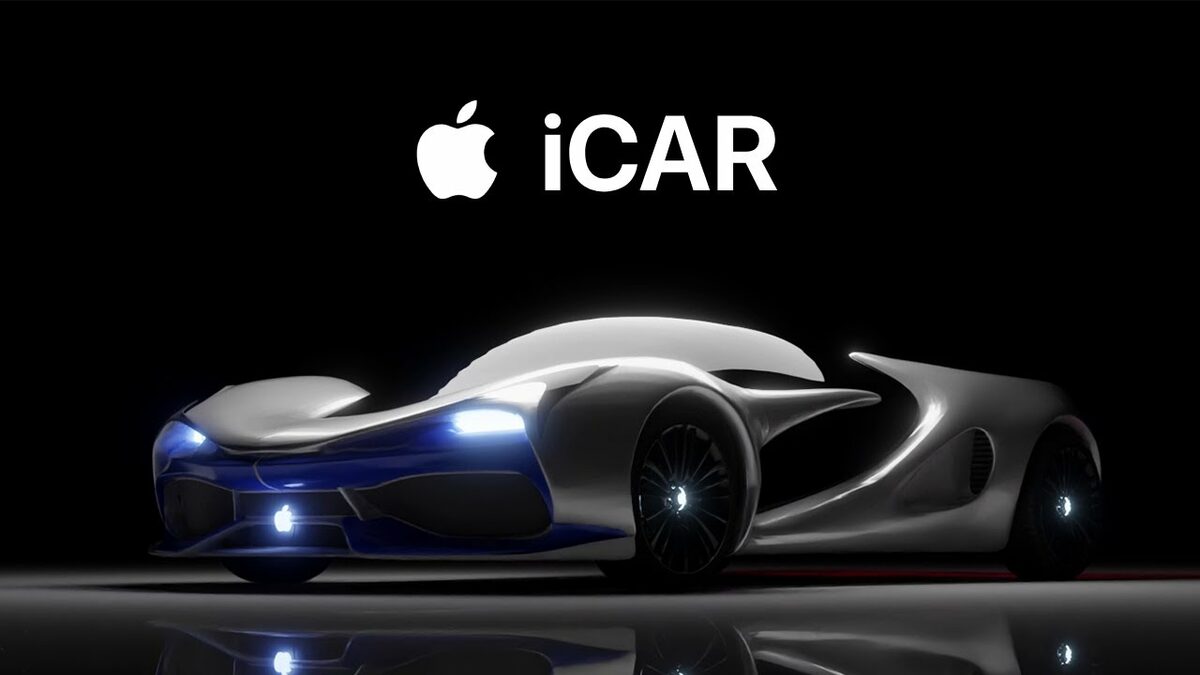For nearly a decade, a secretive project codenamed “Titan” buzzed within the walls of Apple. Whispers of a revolutionary electric car, brimming with cutting-edge technology and poised to disrupt the industry, captivated the tech world. This article delves into the ambitious dream, the strategic missteps, and the ultimate cancellation of Project Titan, offering a glimpse into the challenges of innovation and the ever-evolving automotive landscape.
A Vision of Disruption: Why Apple Entered the Race?
The mid-2010s witnessed a pivotal shift in the car industry. Electric vehicles (EVs) were gaining traction, spearheaded by Tesla’s pioneering efforts. Apple, a company synonymous with sleek design and seamless user experience, saw an opportunity. They envisioned an iCar that transcended the traditional vehicle, integrating seamlessly with their existing ecosystem and potentially replicating the success of the iPhone in a new market. Furthermore, the rise of self-driving technology fueled Apple’s ambition. Tim Cook himself referred to autonomous vehicles as “the mother of all A.I. projects,” perfectly aligning with Apple’s growing focus on artificial intelligence.
Project Titan: A Rocky Road from the Start
Shrouded in secrecy, Project Titan was born in 2014. Apple assembled a team of industry veterans, luring talent from prestigious carmakers like Porsche, Lamborghini, and Audi. Jony Ive, Apple’s design chief at the time, envisioned a futuristic car with a focus on passenger comfort, potentially resembling a reimagined Volkswagen bus. Concepts included a white-only exterior, the absence of a steering wheel or front seats, and complete control via touchscreens and Siri.

However, the project soon encountered roadblocks. Strategic confusion arose regarding whether to compete with Tesla’s electric cars or focus on self-driving technology like Google’s Waymo. Leadership changes further hampered progress. In 2016, Bob Mansfield took the reins, prioritizing Level 5 autonomy – a car that could navigate any situation without human intervention. This shift offered flexibility, allowing Apple to potentially partner with established carmakers or develop their own car later. Investments in ride-sharing services like Didi Chuxing in China hinted at Apple’s vision of integrating their self-driving technology into existing transportation networks.
A Changing Landscape: The Demise of a Dream
By 2019, the landscape had shifted. Uber’s disappointing IPO cast doubt on the profitability of ride-sharing, while Tesla’s soaring valuation reignited the electric vehicle dream. Apple, impressed by Doug Field’s (former Tesla Model 3 developer) leadership, recommitted to building a full-fledged electric car with self-driving capabilities. However, this renewed focus was short-lived. Field’s departure in 2021 and the growing realization that self-driving technology was far from mature led to another pivot. The project scaled back its ambitions, aiming to compete directly with Tesla in the electric car market.
The Final Lap: Why Apple Pumped the Brakes
Several factors ultimately led to Project Titan’s demise in February 2024. The three megatrends Cook highlighted in 2017 – electric vehicles, ride-sharing, and self-driving cars – all faced challenges. EV sales were slowing due to high costs, rising interest rates, and increased competition from established carmakers. The profitability of EVs remained uncertain, falling short of Apple’s typical margins. Meanwhile, the complexity of self-driving technology continued to pose a significant hurdle. With advancements in generative AI like ChatGPT capturing the tech world’s attention, Apple needed to refocus its resources. The enormous investment in Project Titan was no longer deemed strategically sound.
Lessons Learned: A Legacy of Unfulfilled Potential
Apple’s foray into the car industry serves as a cautionary tale for tech giants venturing into unfamiliar territory. Project Titan highlights the importance of realistic timelines, clear leadership, and a deep understanding of the technical and financial hurdles involved. Despite its cancellation, Apple’s influence on the automotive industry isn’t entirely negated. CarPlay, Apple’s in-car infotainment system, is integrated into a vast majority of new cars, solidifying Apple’s presence in the automotive technology space. While the iCar may never materialize, Project Titan’s legacy lies in its testament to Apple’s audacious spirit and its willingness to push boundaries, shaping the future of in-car experiences even without a physical vehicle of their own.
Also Read: A Case Study on Apple: “Get a Mac” Brand Campaign
To read more content like this, subscribe to our newsletter
Go to the full page to view and submit the form.


